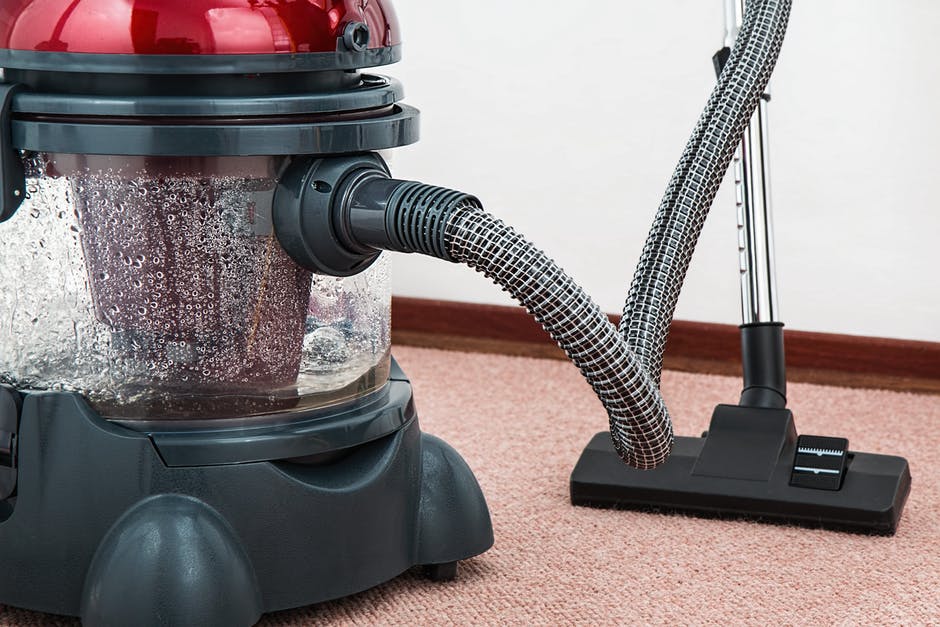The hot water system is one of the most important aspects of a household. It provides hot water for all of your household’s appliances and activities. Therefore, any water heater problems can seriously affect your life. In addition, every household’s energy use is affected by the temperature of the water, so maintaining an optimal temperature is crucial.
Contents
Saving money
Energy consumption is one of the most significant expenses in a household, and running a water heater can add up to 20 percent of the bill. While some people may not realize it, there are simple steps you can take to lower your water heater’s energy costs. For example, turning the water temperature to 120 degrees can save you anywhere from six to 10 percent annually. In addition, you’ll be lessening your household’s carbon footprint. Another way to lower your bill is by installing an energy-efficient water heater. An energy-efficient water heater, like a heat pump, can save up to 200 to 300 dollars annually. These heaters can also be set to run during low-use times to reduce energy bills.
Energy costs can also vary depending on the groundwater temperature in your area. In cold climates, you may need more energy to heat water. A tank water heater costs more than a tankless unit but will last up to fifteen years. The best option is to opt for a tankless water heater, which uses less energy and is more cost-effective over the long run. Some stores give you this option, and sometimes they come with a promo code, which is another way of savings for you.
The best way to reduce your hot water bills is to use cold water to wash most of your laundry. You can also use cold water in the rinse cycle of your dishwasher. You can also save energy by purchasing low-flow fixtures. These fixtures use half the water of older models. You should also remove sediment in your water heater annually, as it can decrease its efficiency.
Saving energy
One of the most energy-intensive appliances in a home is the water heater. According to the US Department of Energy, water heaters contribute 18 percent of a home’s overall energy bill. Luckily, there are ways to reduce energy usage. One of the most obvious ways to do this is by upgrading the water heater. First, make sure to consider the amount of water you use. Water heaters typically hold between 151 and 227 liters of hot water. When you turn the tap, the hot water exits the water heater, which is then replaced by cold water at the bottom of the tank. So a few showers and a full bathtub can quickly empty a water heater.
Another simple way to save energy is to adjust the temperature of your water heater. By changing your water’s temperature, you will save up to 10% on your utility bill. Another way to lower your utility bill is to install a heat trap at the water heater. Installing a heat trap in a water heater is a great way to save energy and money, even if it costs more in the short run.
It is also essential to check the lifespan of the water heater. Typically, water heaters last between ten to fifteen years. Your plumber can help you determine how many years your water heater has left. If it is getting close to the end of its lifespan, it’s time to consider replacing the unit. The money you save on energy will pay for the new water heater over a few years. Not only will you save money, but you will also reduce the pollution released into the air.
Saving space
If space is at a premium in your home, saving space with water heaters at home may be an option. Water heaters are designed to be compact and lighter than larger ones. They are also smaller and broader, which allows them to fit in smaller spaces. Moreover, they can store as much water as their taller counterparts. You can save space in your home by upgrading to a tankless water heater. However, these units require gas line installation and an electrical panel upgrade. Regardless, they will increase the value of your home. They are also more energy-efficient than storage tank water heaters. They can last for twenty to thirty years.
Storage tank water heaters typically hold between thirty and 50 gallons of water. The capacity you choose depends on your household size and how much hot water you use daily. These units use electricity, natural gas, or propane to heat water. These models eliminate standby energy losses.





